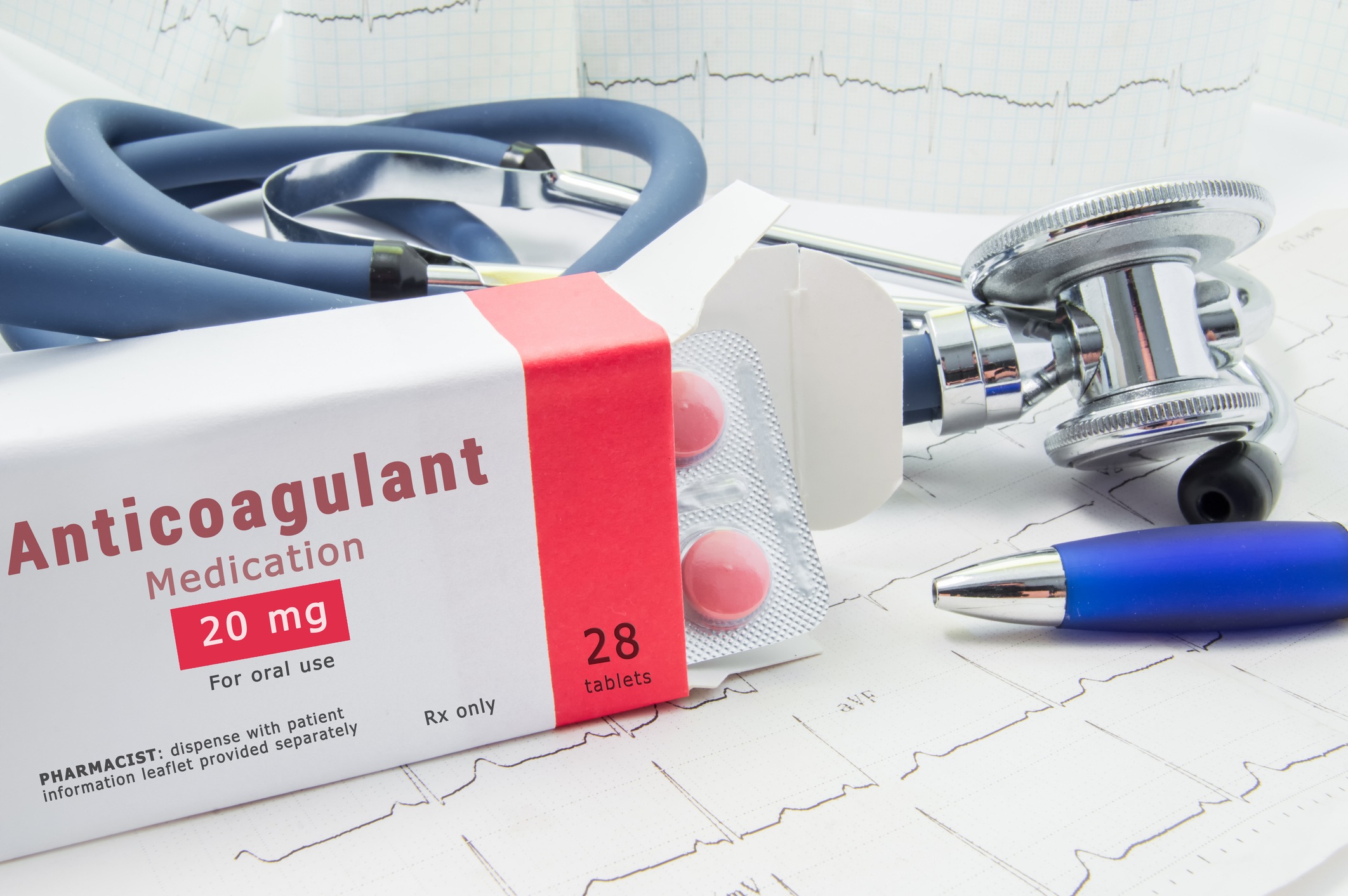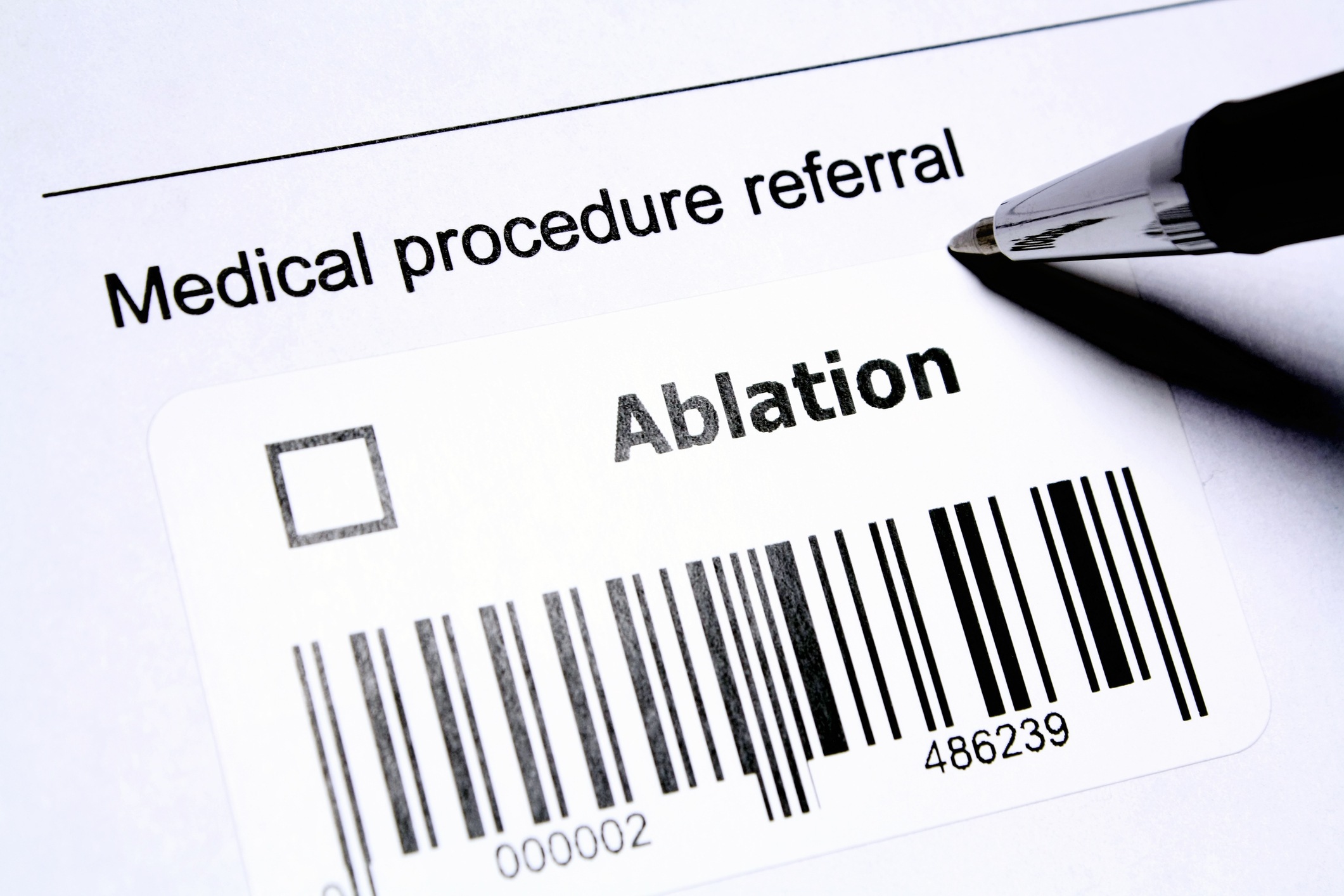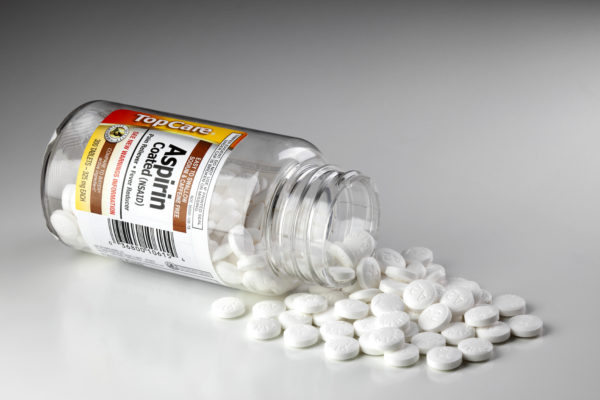
Apixaban did not reduce thromboembolic and bleeding complications after transcatheter aortic valve replacement (TAVR) compared with standard of care, according to results from the ATLANTIS trial, presented at the American College of Cardiology Annual Scientific Session (ACC.21).
In this international, randomized trial, 1,510 patients underwent post-TAVR treatment with either apixaban or standard care. Randomization was stratified by indication for non-TAVR–related anticoagulation. The experimental regimen was apixaban 5 mg or 2.5 mg with antiplatelet therapy. The control group received the vitamin K antagonist (VKA) warfarin for required anticoagulation or just antiplatelet medication, such as aspirin, alone. The primary endpoint was the composite of all-cause death, ischemic events, major bleeding, and thromboembolic events.
After one year, primary endpoint events occurred in 18.4% of the apixaban group and 20.1% of the control group. This difference was not statistically significantly and did not meet predetermined superiority thresholds. These results were consistent across anticoagulation requirements.
“Our results do not suggest we can routinely use apixaban as the default antithrombotic treatment after successful TAVR,” said lead author Jean-Philippe Collet, MD, professor at Groupe Hospitalier Pitié-Salpêtrière in Paris, France, via press release. “In patients with an indication for oral anticoagulation, apixaban compares favorably with VKA on all endpoints and remains easier to use.”
According to computed tomography scans, patients taking apixaban had an 80% lower incidence of valve thrombosis, a risk factor of ischemic events. A subset of the apixaban cohort without additional anticoagulation requirements showed a non-significant pattern of non-cardiovascular related mortality. According to the researchers, these events are consistent with previous literature and the number of deaths were low, mainly due to sepsis or kidney failure, and rarely preceded by bleeding events.
“Although the safety of apixaban is the same as standard care and it better prevents valve thrombosis, we observed an unexplained signal on non-cardiovascular mortality among patients who do not need oral anticoagulation,” said Dr. Collet. “This difference, although not significant, was unexpected and driven only by the cohort of patients who did not have an indication for oral anticoagulation and only by the rate of non-cardiovascular death. We cannot exclude a play of chance.”







 © 2025 Mashup Media, LLC, a Formedics Property. All Rights Reserved.
© 2025 Mashup Media, LLC, a Formedics Property. All Rights Reserved.